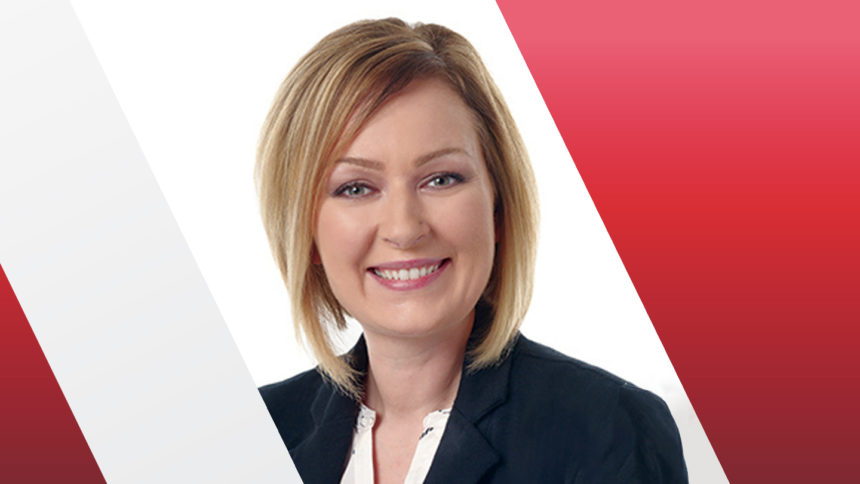
Q: Under what circumstances are we required to submit a demand bill for a patient?
A:The Social Security Act requires the Centers for Medicare & Medicaid Services to ensure payment is made only for those services that are medically reasonable and necessary. Demand bills are submitted after the SNF believes covered skilled care is no longer medically necessary and the beneficiary or their rep disagrees.
Essentially, it is a request for the provider to continue billing Medicare for services that have been ruled noncovered. The state where the patient resides also may occasionally request a demand bill for Medicaid coverage. Do not submit a demand bill for every patient whose care drops below the Medicare skilled level, or for every patient who does not meet the level of care criteria on admission.
To demand bill, the beneficiary or their representative must sign the Advance Beneficiary Notice (ABN) and agree to pay for the services in full if Medicare denies coverage, which is often the case. The purpose of the SNF ABN is to inform a beneficiary before they receive services or items that may otherwise be covered that Medicare will not, or most likely will not, pay for the services or items.
When a beneficiary chooses to request a demand bill, submit the noncovered claim with condition code 20, and occurrence code 22 with the date SNF care ended, or occurrence code 21 with the date the utilization review notice was received. The claim should be submitted electronically during the regular cycle.
The claim will be suspended for medical review and an additional documentation request letter will request information needed to complete the review. You may not bill the patient prior to receipt of the Medicare Administrative Contractor decision on the demand bill.
Please send your payment-related questions to Eleisha Wilkes at [email protected].
From the January/February 2024 Issue of McKnight's Long-Term Care News





